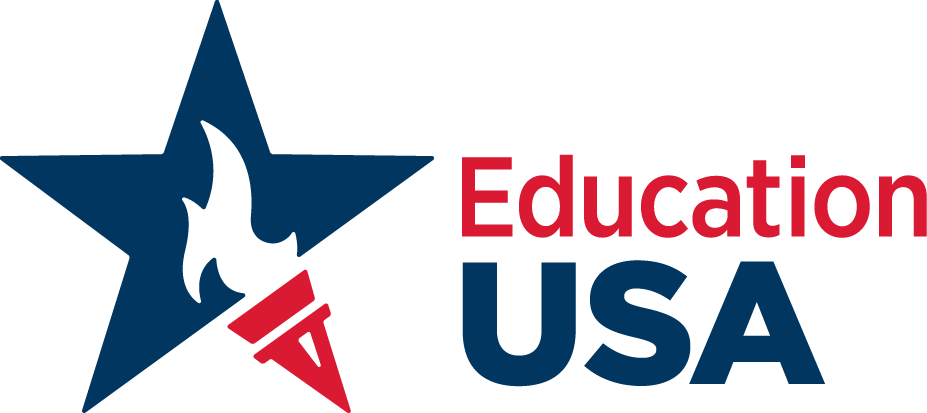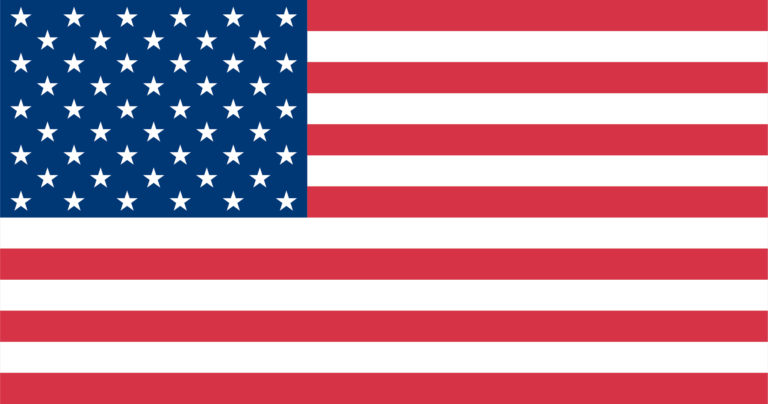If you are not a U.S. citizen, you can still apply for certain internships. If you are applying from your own country, you should ask if the employer knows about the requirements for assisting you to secure a proper visa and if the employer is willing to take the necessary steps on your behalf. If you are enrolled at a U.S. school and applying for an internship, you should make your status in the United States clear to the prospective employer at the time of application.
Remember, though, that as a student at an American university, permission to work off‑campus must be requested from the BCIS (Bureau of Citizen and Immigration Services) and that this permission is difficult to obtain. It will never be possible to finance all or most of your studies by working in the United States.
Unlike most other countries, the United States does not use a “work permit” to verify the legal eligibility of a non‑citizen to work. Instead, a non‑citizen is permitted to undertake a paid internship or other practical training employment depending on the type of U.S. visa that is granted. As a general rule, the proper visa must be secured before entering the United States since a change after entry can often take two to four months. Working with an improper visa (including work while waiting for a change to be granted) can be cause for arrest and detention by the BCIS (Bureau of Citizen and Immigration Services). Also, a student cannot arrange a proper visa alone, there must be an American sponsor to take care of the necessary paperwork on behalf of the individual.
Everyone who goes to the U.S. for an internship requires a J-1 visa. For the most up-to-date information on the J-1 visa and how to obtain it, please visit the website of the U.S. Department of State (https://j1visa.state.gov/) or the U.S. Embassy to Belgium (https://be.usembassy.gov/).
Please note that many positions that involve patient contact and/or patient care are excluded from the exchange visitor internship program due to U.S. government regulations. This includes sports or physical therapy, psychological counseling, nursing, dentistry, veterinary medicine, social work, speech therapy, early childhood education, etc. For more detailed information, please refer to the Code of Federal Regulations.
Resources to find an internship in the U.S.
Most students find their own internship, mainly in two ways:
- Look through websites that let you search for specific internships. Make use of advanced search features that enable you to specify location, industry, job function, time of year and keyword.
- Explore any personal or professional networks you may have. Do you have any family or friends in the U.S.? Do you know of anyone in Belgium who has contacts with American organizations/companies or who visits the U.S. regularly? If you have done an internship in Belgium, was this for an organization/company that might have any contacts in the U.S. or perhaps even a branch office? Speak with anyone and everyone you can think of with useful U.S. contacts and ask them for advice about conducting your internship search.
Internships can be paid or unpaid, so it is important to check with the company – before you take the position – to determine if there is a salary, a stipend or no compensation at all. We encourage students to negotiate with potential employers to help cover their associated costs. In addition, it is vital to have a clear idea of your own expectations as well as what is expected from you, considering that each firm or organization will have a unique deadline, specific requirements, expectations for follow-through, etc. Discuss the details and the logistics before you start, so the internship will be a positive experience for both you and your employer.
Check out the following websites to help you get started:
Scholarships for Belgian citizens
The Fulbright Commission does not award any scholarships for internships, and they are very hard to come by in general. Nevertheless, there are some resources available (of course, this is not an exhaustive list):
Placement and Sponsorship Organizations
What Europeans call a “stage” is not commonly offered in the United States. Most firms would far rather provide an actual training program for a new employee than offer a “traineeship”. However, if you desire some extra assistance in looking for an internship, there are some private organizations specialized in this area. Consider the following possibilities (most placement organizations also function as your visa sponsor!):
BELGIAN-AMERICAN CHAMBER OF COMMERCE: EXCHANGE VISITOR PROGRAM
Website: https://www.belcham.org/
As a sponsor of the Exchange Visitor Program, BelCham is permitted to issue a “Certificate of Eligibility” (Form DS-2019) to qualified Belgian students and young professionals, allowing them to train in the United States under a J-1 Visa. The purpose of the BelCham J-1 Visa Program is to expose Belgian trainees to American business practices, corporate organization and substantive occupational experiences, as well as U.S. social and cultural history, that they may take back to their chosen career in Belgium. In turn, employees of the trainee’s host company will gain valuable experience working with a person from a different cultural background and an understanding of the business culture of foreign companies with whom they might do business in the future.
AMERICAN UNIVERSITY WASHINGTON SEMESTER INTERNSHIP PROGRAM
The Washington Semester Program, American University
Website: https://www.american.edu/spexs/washingtonsemester/
The program offers students the opportunity to intern for two days per week on the days that they do not attend seminar classes. As an International Washington Semester Internship Student you intern in one of the following fields: National Government & Politics, Foreign Policy & International Affairs, Justice & Law, Print & Broadcast Media and Communication, International Business & Economic Policy , Peace & Conflict Resolution, etc… The internships, though unpaid, are at well‑known organizations in the public and private sector. International students may choose to attend the Washington Semester Certificate Program for a full academic year, beginning in the fall semester and continuing in the spring. Students who attend the Academic Year program may apply for employment authorization through Optional Practical Training. This permit allows you to work in the U.S. for up to one year.
AMITY INTERN TEACHER PROGRAM
For more information, please visit the website www.amity.org.
Live, Teach & Learn in the USA : The Amity Intern Teacher Program offers to young people from around the world the opportunity to serve as ambassador of their countries by volunteering as teaching assistants of their native languages and cultures at primary, secondary and post secondary levels . The student – who must be between 20 and 30, single with no children and currently enrolled in/completed higher education – lives with a host family, works with a teacher, experiences life in the U.S. American culture and education, takes classes, participates in activities with the school, etc….
EASY LANGUAGES
Website: http://easylanguages.com/languages-abroad/
12 to 24 weeks : including 6-16 weeks of English courses + 6-8 weeks of non paid internship. Candidates must be between 20 and 26. They need to be enrolled in a higher education program since at least one year and have a good level of English.
INTERNATIONAL ASSOCIATION OF STUDENTS IN ECONOMICS AND COMMERCE (AIESEC)
Association Internationale des Etudiants en Sciences Economiques et Commerciales (AIESEC)
Website : www.aiesec.org (international) or www.aiesec.be (Belgium)
AIESEC offers traineeships that last from 8 weeks to 18 months for those interested in business management positions, technical positions or development sector work. By participating in this type of traineeship, you will have the opportunity to work in a company, NGO, government, university or organisation and will spend the majority of your time working in areas related to management, information technology projects or development issues in a community.
INTERNATIONAL ASSOCIATION FOR THE EXCHANGE OF STUDENTS FOR TECHNICAL EXPERIENCE
IAESTE United States
Website: http://www.iaeste.org/
IAESTE coordinates on-the-job training for students in technical fields such as engineering, computer science, mathematics, natural/physical sciences, architecture, and agricultural science. An IAESTE Internship is a paid internship abroad. Positions are available in industry, research institutes, universities, consulting firms, labs, and other work environments. Most placements are for 8-12 weeks during the summer; longer placements of up to 12 months are also available.
THE WASHINGTON CENTER
The Washington Center is a unique internship sponsor program in Washington, D.C. that offers students a combined professional/academic experience in the United States. The program consists of a professional internship, a Leadership Forum, and one academic course. Applicants receive assistance with internship placement.
Website: http://www.twc.edu/internships/washington-dc-program
UNITED NATIONS HEADQUARTERS INTERNSHIP PROGRAM
Intership Coordinator
Website: https://careers.un.org/lbw/home.aspx?viewtype=ip
This internship program is for the United Nations Secretariat New York only and is offered on a two-month basis three times a year. Applicants must have completed at least four years of full-time study at a university or equivalent institution.
WORLD EDUCATION PROGRAM (WEP)
Av. de Jette, 26, Jetselaan
Website: www.wep.org
Paid internships of maximum 4 months for students between 19 and 28 enrolled in or recent graduates of higher education. A good level of English is required.
On the Fulbright YouTube channel, you can watch informational videos about internships as well as experiences of Belgians who have done internships in the U.S.
Just a few examples:
- Tips and requirements for getting an internship in the USA
- Visas for Students & Internships
- Laura Moens – NYC internship
- Philippe De Wagter – Google
- Cedric Van Dijck – Cleveland Clinic Ohio
- Pieter Koornneef – Mount Sinai Medical Center
- William Van Loo – The Washington Center
- Fallon Bwatu – The Washington Center
- Vanessa Wulleput – Event Management internship through WEP
Tips
- Start early! Finding an internship and securing a visa can be a very lengthy process.
- Apply to as many interesting internships as you can – internship positions tend to be competitive.
- Once again: explore your personal contacts!
- Talk to an educational adviser about your options. The Advising Center of the Commission has materials available that offer other internship opportunities, and the advisers are always willing to help you with your questions.
- Make sure to “Americanize” your documents – U.S. organizations and companies have different expectations for cover letters and resumes than the ones you are used to.
- Do not be afraid to directly call or email the company you would like to intern for. Just ask them if there are any positions available.


